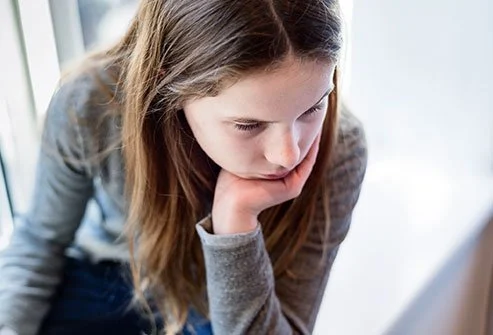There are many ways to treat mental illness. The most common is to use a multidisciplinary team, which typically includes psychiatrists/psychiatrists/nurses, nurses, mental health aides, and peer support specialists.
There is no one-size fits all approach to mental health care. Individualized treatment is the best approach. Mental Health Problems are not the same for everyone.
This article will provide information on the various facilities for mental health available, including:
Residential AndInpatient Mental Health Treatment
Inpatient mental health treatment, also known as residential, takes place at a residential facility, daily. This level is suitable for individuals who need continuous health supervision along with those with long-term, severe symptoms.
Treatment for mental illness at an inpatient facility usually consists of these types of treatments:
- Individual psychotherapy/counseling
- Group therapy
- Medication
- Medical supervision
- Recreational therapies
- Complementary therapies such as meditation and yoga are available.
Outpatient Mental Health Treatment
Outpatient mental illness treatment doesn’t require that patients live at treatment centers. Participants are required to visit the treatment center or therapist’s office on certain days of each week.
There are many different options available for mental health care that can be provided on an outpatient level. These include:
- Individual therapy.
- Group therapy.
- Family therapy.
- Support groups
- Inpatient intensive care.
- Partial hospitalization.
- Psychiatric medications or outpatient management.
Dual Diagnosis Treatment
Dual diagnosis treatment can provide comprehensive mental services to people suffering from both a mental disorder and an addiction. Dual diagnosis treatment addresses both conditions and simultaneously treats them.
Psychotherapy
There are many options for psychotherapy.
Individual Treatment: Individual therapy combines talk therapy with individual therapy to help individuals address unresolved traumas and feelings.
Group Therapy: Group therapies are usually led by a psychotherapist and include a range of participants. Group therapy focuses on a particular topic that is being addressed by everyone. An example: A group therapy session may be led by a therapist on anger management and postpartum depression.
Family Therapy: Family therapy combines psychotherapy with family therapy. This is where the members of the family work together to resolve their conflicts. Family therapy is typically conducted by a licensed Mari and family therapist, MFT (Male Therapist for Families), who specializes in family therapy.
Cognitive Behavioral Therapy (CBT): Cognitive behavioral therapy is the most well-known psychotherapeutic option. It can be used for individual, group, or family purposes. Clients are helped to change their negative thoughts and behaviors by CBT therapists. This involves replacing unhealthy thoughts with realistic self-talk and constructive behaviors.
Dialectical Behaviors Therapy (DBT): Dialectical behavior therapy (DBT) is most commonly used in the treatment of individuals with borderline personality disorder. However, DBT has been effective in treating other disorders. DBT is about accepting and validating unhealthy thoughts and behaviors. Also, it teaches you how to find the right balance of acceptance and change.
Interpersonal Therapy: Interpersonal therapy helps people solve problems in relationships. This type of therapy can be used in couples counseling as well as with individuals with depression who have difficulty communicating with others.
Medication
Antidepressants: Address the symptoms of depression but may also be prescribed to manage anxiety or insomnia. The most popular antidepressants are selective norepinephrine reuptake inhibitors (SNRIs) as well as selective serotonin reuptake inhibitors.
Antianxiety Medications: Antianxiety medicines can help people with generalized anxiety, panic attacks, or social anxiety. Benzodiazepines (short-acting anti-anxiety drugs) are the most frequently prescribed. These medications should be used only in the short term. Long-term dependence and addiction can occur. Some medications are not addictive and can be substituted for benzodiazepines.
Mood Stabilizers: Mood stabilizers are commonly prescribed to people suffering from bipolar disorder (or related mood disorders) to stabilize moods and prevent serious mood swings, depression, and mania.
Antipsychotics: Antipsychotics have been prescribed to treat schizophrenia.
12-Step Programs And Support Groups
Other than psychotherapy and medication, there are other options for mental health treatment. If you are taking medication and going through psychotherapy, 12-step programs or support groups may be an option.
These groups are offered to people with a wide range of mental health and substance abuse problems.
- Alcohol abuse.
- Drunkenness
- Gambling shopping gaming and other addictions.
- Anxiety or depression.
- Eating disorders.




